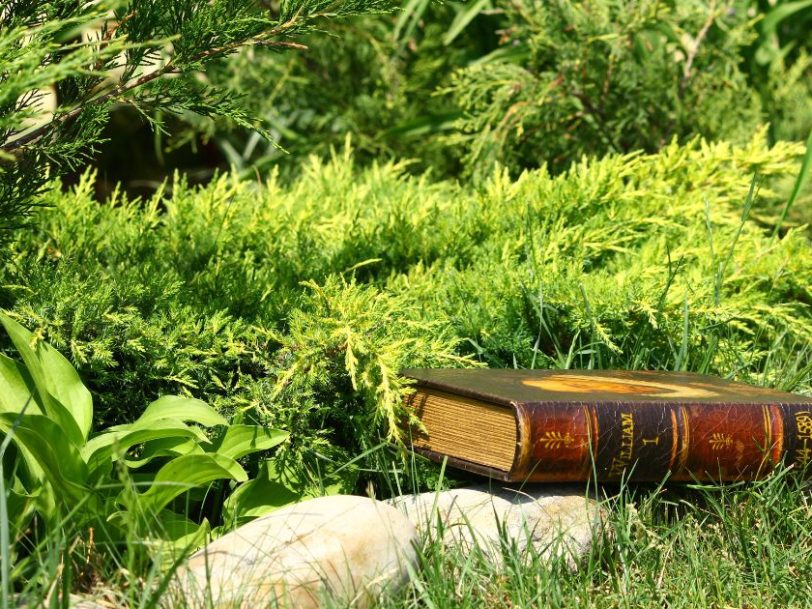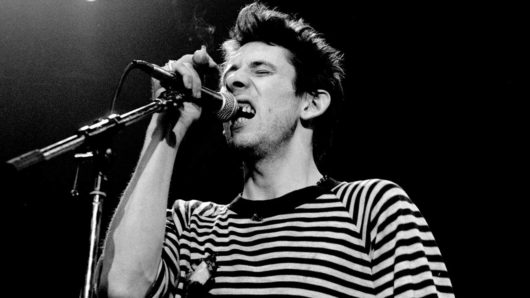Poetry is nothing if not personal. “I think that poets and songwriters have a lot in common because a songwriter really has to be a poet first,” Stevie Nicks said in 2016, noting that many musicians’ lyrics can be considered poetry, too. “That’s how we live our lives,” the Fleetwood Mac icon continued. “It’s the same kind of thinking… we put our stories into these small little containers filled with mostly short lines and verses. This is how we talk about the way we feel and talk about things and explain the world and ourselves.” As this list of songwriters who are poets reveals, many musical artists feel the same way about their work.
Yet though Nicks embraces the label “poet” and sees harmonies with her lyrics, with her poems often turning into songs later down the road, for UK singer-songwriter and poet PJ Harvey there is clear blue water between the two forms of expression. “There is a huge difference between composing lyrics and writing poetry,” she said in 2022. “Poetry needs to create an entire world on the page without musical accompaniment, through form, rhyme, metre and tone. A song lyric can be a very light brushstroke because the music is supplying emotion and atmosphere, and helps the lyric come across.” Furthermore, some musicians dislike the label entirely, even when they are actually writing poetry; Joni Mitchell has said, “I find a lot of poetry to be narcissistic.”
Poetry can be used to educate; to enlighten; to make us grip ourselves tightly or expand our worldview. It can be everything. As Leonard Cohen once said, “Poetry is just evidence of life. If your life is burning well, poetry is just the ash.” Here we celebrate that breed of songwriters who are poets – artists who have kept both ends of the creative candle burning.
Listen to our Rock Classics playlist here, and check out the songwriters who are poets, below.
20: Lana Del Rey (1985- )
From her earliest songs, Lana Del Rey has openly acknowledged the influence of poetry on her work; she even reads from Walt Whitman and Allen Ginsberg in her 2013 short film, Tropico. Officially entering the ranks of songwriters who are poets, she authored her own collection of poetry, Violet Bent Backwards Over The Grass, in 2020. Del Rey first planned to self-publish, self-distribute to small bookshops and price the volume at $1, “because my thoughts are priceless”; however, this plan didn’t materialise, and the collection became available to bookshelves everywhere in the conventional fashion. “The poems come to me fully formed,” she said in 2020, honestly reflecting on how the format brought her insecurity as well as expression. “Having to stop and channel a 12-minute poem with its rhymes intact, it’s like, ‘Huh, OK, I don’t know if it’s good.’”
Must hear: Salamander, from Violet Bent Backwards Over The Grass




